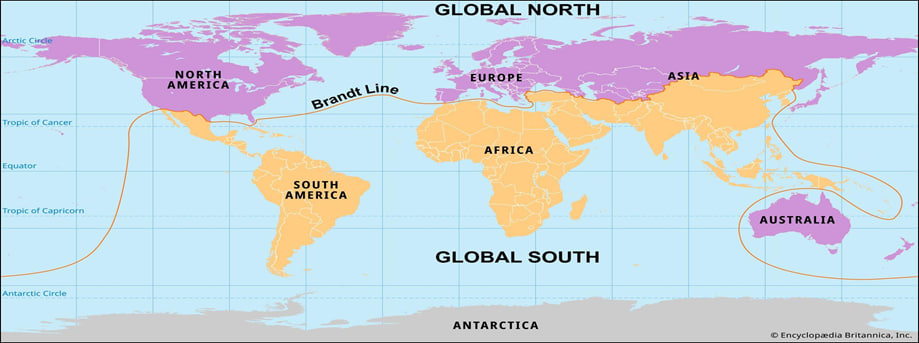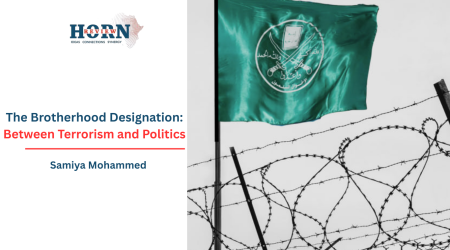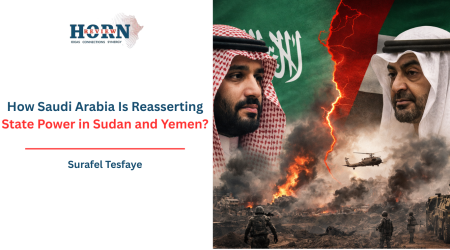
1
Apr
The Global South’s Strategic Reawakening: Redefining Power in a Fragmenting World
The resurgence of Donald Trump’s presidency has ushered in a transactional ethos in American foreign policy, unraveling traditional alliances and accelerating the erosion of Western-led multilateral frameworks. This disruption has not only exposed the fragility of the so-called rules-based order but has also emboldened nations in the Global South to recalibrate their strategic postures. As the gravitational pull of Western dominance weakens, an unprecedented opportunity emerges—one that allows these nations to assert themselves within an evolving multipolar architecture that better reflects their interests and aspirations.
With Washington poised to retreat further from multilateral institutions, a geopolitical void is taking shape, prompting the Global South to explore alternative paradigms of cooperation. The growing irrelevance of the old order has propelled BRICS+ and the G20 into new prominence, each serving as an arena where emerging economies are not merely participants but architects of an alternative global governance model. In 2025, the synchronicity of Brazil’s BRICS+ presidency and South Africa’s chairmanship of the G20 has created an unparalleled alignment, amplifying the collective voice of the Global South in economic and financial governance. This convergence is more than symbolic; it represents a deliberate attempt to advance reforms that challenge entrenched economic orthodoxies and diminish the asymmetries embedded within international financial institutions.
Few nations embody this shifting dynamic as astutely as Ethiopia. Having joined BRICS+ at a pivotal moment in its diplomatic evolution, Ethiopia has positioned itself at the crossroads of traditional and emergent partnerships, leveraging its newfound status to diversify investment inflows and reduce dependency on Western financial institutions. Even as it remains engaged with the Bretton Woods system, it has cultivated alternative relationships, particularly with Russia and China, securing access to capital and technology unencumbered by the political conditionalities that often accompany Western assistance. By sustaining parallel engagements with competing power centers, Ethiopia has generated a competitive tension among its partners, enhancing its strategic bargaining power and expanding its room for maneuver.
This recalibration, however, is not without its risks. The increasing depth of Ethiopia’s ties with non-Western actors carries the potential to be interpreted as a geopolitical pivot, one that may elicit recalibrated Western responses, whether through economic incentives or, conversely, diplomatic pressure. Yet, from an Ethiopian strategic perspective, the dividends of this diversification—enhanced investment prospects, greater technological collaboration, and strengthened diplomatic insulation—far outweigh the costs. The very ability to navigate these complex dynamics without succumbing to external pressures reflects a maturing diplomatic posture, one that recognizes flexibility and pragmatism as indispensable tools of statecraft in an era of global realignment.
A broader lesson in strategic autonomy can be drawn from Türkiye, a nation whose geopolitical positioning has allowed it to transcend the rigid binaries of Cold War-era alignments. As a NATO member that has nevertheless pursued economic and security partnerships with Russia, China, and regional powers, Türkiye exemplifies the advantages of a foreign policy rooted in interest-based pragmatism rather than ideological rigidity. It has adeptly maintained a flexible alignment strategy, accommodating Western security imperatives where necessary while fortifying its own strategic depth through diversified partnerships. In an era where economic resilience and geopolitical fluidity increasingly define state behavior, Türkiye’s model offers a compelling blueprint for Global South nations seeking to assert their agency without being subsumed into the agendas of dominant powers.
The expanding influence of BRICS+ underscores the growing capacity of the Global South to shape international governance. What was once a limited grouping has now evolved into a formidable coalition that commands significant global representation, providing a counterweight to the dominance of Western-led institutions. Its expanded membership signals a transformation from an informal bloc into a structured platform capable of negotiating systemic reforms in global finance, trade, and development. Parallel to this evolution, the G20—under South Africa’s stewardship in 2025—has repositioned itself as a forum more attuned to the concerns of developing economies. The convergence of BRICS+ and G20 leadership within the same geopolitical cohort has enabled a degree of agenda coordination unprecedented in recent history, particularly in the push to restructure the international financial system to better address the needs of emerging economies.
Beyond these global platforms, regional economic blocs are reinforcing the economic sovereignty of Global South nations, fostering greater intra-regional trade and reducing exposure to external economic shocks. The synthesis of these multilateral and regional efforts marks a decisive shift from dependency toward a model of strategic bargaining, wherein developing nations negotiate from a position of strength rather than subservience. This is not merely an adjustment to changing global conditions; it is an assertion of agency, a deliberate act of reshaping the contours of global governance.
The broader trajectory of international politics increasingly favors the emergence of a more fluid, multipolar order, one where economic diversification, technological self-sufficiency, and diplomatic agility are the primary determinants of influence. For the Global South, this transition represents the most significant opportunity in decades to move beyond the constraints of dependency and assert a new paradigm of engagement. The challenge, however, lies in striking the delicate balance between maintaining constructive relations with multiple power centers while deepening South-South cooperation. It is in this equilibrium that the future of global diplomacy will be forged, not in the decaying frameworks of a bygone era but in the institutions, alliances, and strategies crafted by nations that refuse to be mere spectators in history’s unfolding.
By Horn Review Editorial










